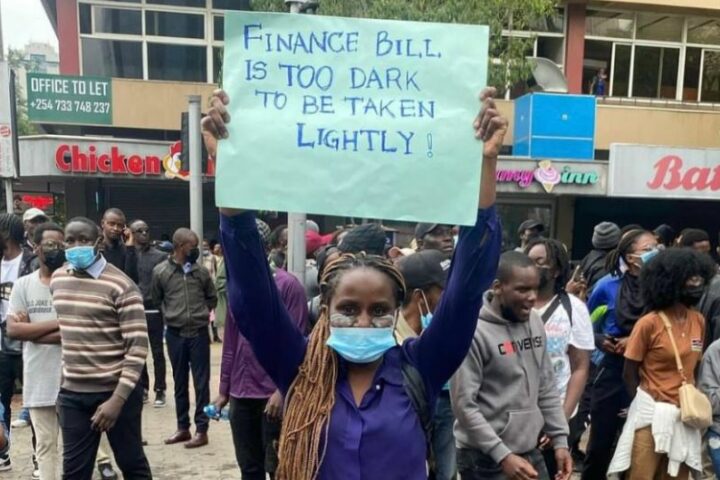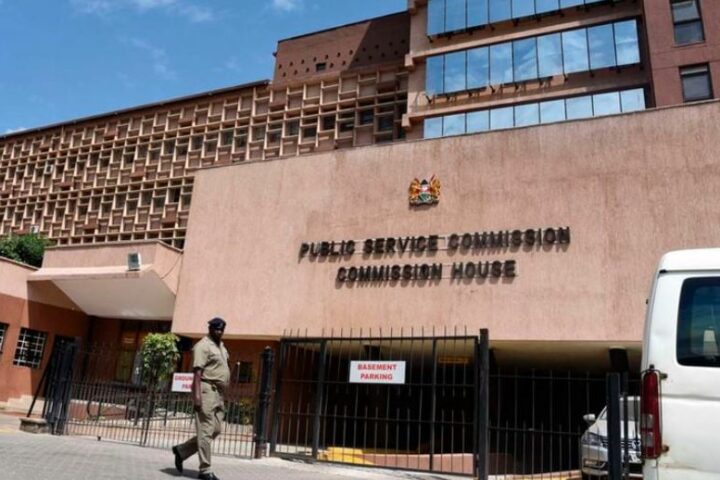There are always unexpected twists and turns. Sometimes, it is a car breakdown, a hospital bill, or a leaky roof. This often makes people lose stability, especially when they are not prepared financially. That is why it is not only wise but mandatory to have a strategy for these unforeseeable occurrences.
In this article, we will discuss five fundamental yet efficient pieces of advice that will assist you in being ahead of others. Let’s get started and command extra, unanticipated expenses before they capture you.
#1. Build an Emergency Fund
An emergency fund is money you set aside for unexpected expenses. Having an emergency fund prevents you from stress when you need to pay for something that was not planned for and don’t want to put it on your credit card or obtain a loan. That is like having an insurance facility that can help when the account is not in the best position.
To get started, create a separate account for the fund or open a savings account. It will allow you to remove the money from the spending circuit so that you cannot spend it on non-emergent cases. After that, recalculate your budget, see how much you can save monthly, and do it regularly.
Several options exist if you already face unforeseen expenses and have no emergency fund. Some services allow you to get an online loan in minutes, which is ideal for emergencies. You can also consider borrowing from friends or family members. It helps you receive money as soon as possible without risking your relationships.
#2. Create a Budget and Stick to It
Your budget shows you how much funds you have, where your money is going, and areas that lack financing. By tracking your money in and out, you can prevent scenarios like “I don’t seem to know where all my money went” and instead make conscious decisions that lead you to where you want to be financially.
Budgeting involves recording all the income received and all the expenditures made. You need to get your productivity up to scratch; you can use apps, excel, or simple notebooks. In achieving this, it becomes easy to understand the flow of finances.
#3. Reduce Unnecessary Expenses
Once you know where you spend your money, it’s time to decide on the costs you can cut. One habit that makes one aware of everything is reading through bank statements more often. They can shock you with illustrations of your spending habits, even if you think you’re on top of your finances.
Watch your monthly transactions and see all the charges like a café bill or coffee to go.
Streaming music and movies may also be on the list. Although subscriptions have become popular recently, the sad thing is that most of them have subscription fees. Try to seek other free options or find those that cost less. Some services have family plans that allow several people to share the cost.
Don’t forget about the good old-fashioned library; the library sometimes has options for free streaming of books, movies, or music.
#4. Increase Your Income
Try side hustles and freelancing work. These are great because they can be done on one’s schedule, and there is a large variety of options, depending on talent. If you are creative with writing and graphic design or are amazingly good at coding, you will find many platforms to find your clients.
Some examples include Upwork, Fiverr, and even LinkedIn. Consider tutoring or teaching a skill you are good at. And, of course, don’t neglect physical work, such as house sitting, dog walking, and even driving for transportation network companies such as Uber or Bolt (formerly Taxify).
#5. Stay Informed About Your Finances
Suppose you understand terms like budget, debt, and savings. In that case, you have a better chance of making wise decisions, not accumulating unwanted debt, and putting something aside for a much-needed vacation or future house. This will help you manage your money rather than be managed by it.
Review your budget if some circumstances change or your income grows. Read useful articles on financial topics and educate yourself. Another crucial step to review your credit report and regularly improve your credit rating.
This can potentially save you money as you may be offered better loan, insurance, and rent deals.
Bottom Line
Planning for the rainy day expenditure may take a lot of work, especially on a limited budget. However, there are practical steps to help you get started. Establish an emergency fund and make a rational budget. Avoid spending on the nonessentials and insure valuable things.
The crucial tip is to remain informed. Be active and make it a regular habit to protect your future financial freedom. A good idea is to ensure that you embrace the right measures to make you financially secure. Save for later use, and this future self will be grateful.









